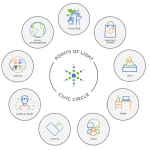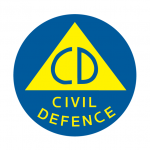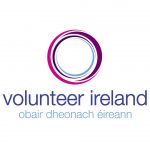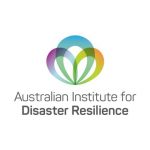
Civic Life Today: the State of Global Civic Engagement
Points of Life, May 2022
This research by Points of Light considers the state of global civic engagement. The civic actions that dominated around the world were a mix of traditional and non-traditional engagement pathways, demonstrating people’s desire to engage in whatever way they could as COVID-19 affected more traditional ways of engagement.
Globally, the top three civic actions taken, as defined by Points of Light’s Civic Circle, were listening and learning, using your voice and volunteering. Volunteering is still among the most important civic activities, with 48% of global respondents volunteering by intentionally helping someone within the last 30 days.

Recovery Preparedness and Management
Civil Defence, July 2020.
This document provides a set of guidelines for Recovery Managers, Civil Defence Emergency Management (CDEM) Groups, and Local Authorities to understand. respond and recover from national emergencies. It thoroughly outlines arrangements to have in place before, during and after an emergency. These guidelines will also prove useful to other agencies, organisations and groups involved in preparing for and managing recovery.
 Wellbeing Tips
Wellbeing Tips
Mental Health Foundation of New Zealand, April 2020.
When times get tough, looking after our wellbeing is crucial. These tips are based on the Five Ways to Wellbeing and Te Whare Tapa Whā.
 Volunteer Engagement Amid a Pandemic
Volunteer Engagement Amid a Pandemic
VQ Volunteer Strategies (Smarter Impact), USA, March 2020.
VQ Volunteer Strategies offer a list of Volunteer Engagement considerations and resources to explore during a pandemic. This list was created in March 2020 during the COVID-19 pandemic.
 Wecare.kiwi – care and support through COVID-19
Wecare.kiwi – care and support through COVID-19
Carers NZ and IHC, March 2020.
Carers NZ and IHC have launched wecare.kiwi to make it easy to care for and about each other. If you’re on your own, or caring for a vulnerable person, you may need some support.












